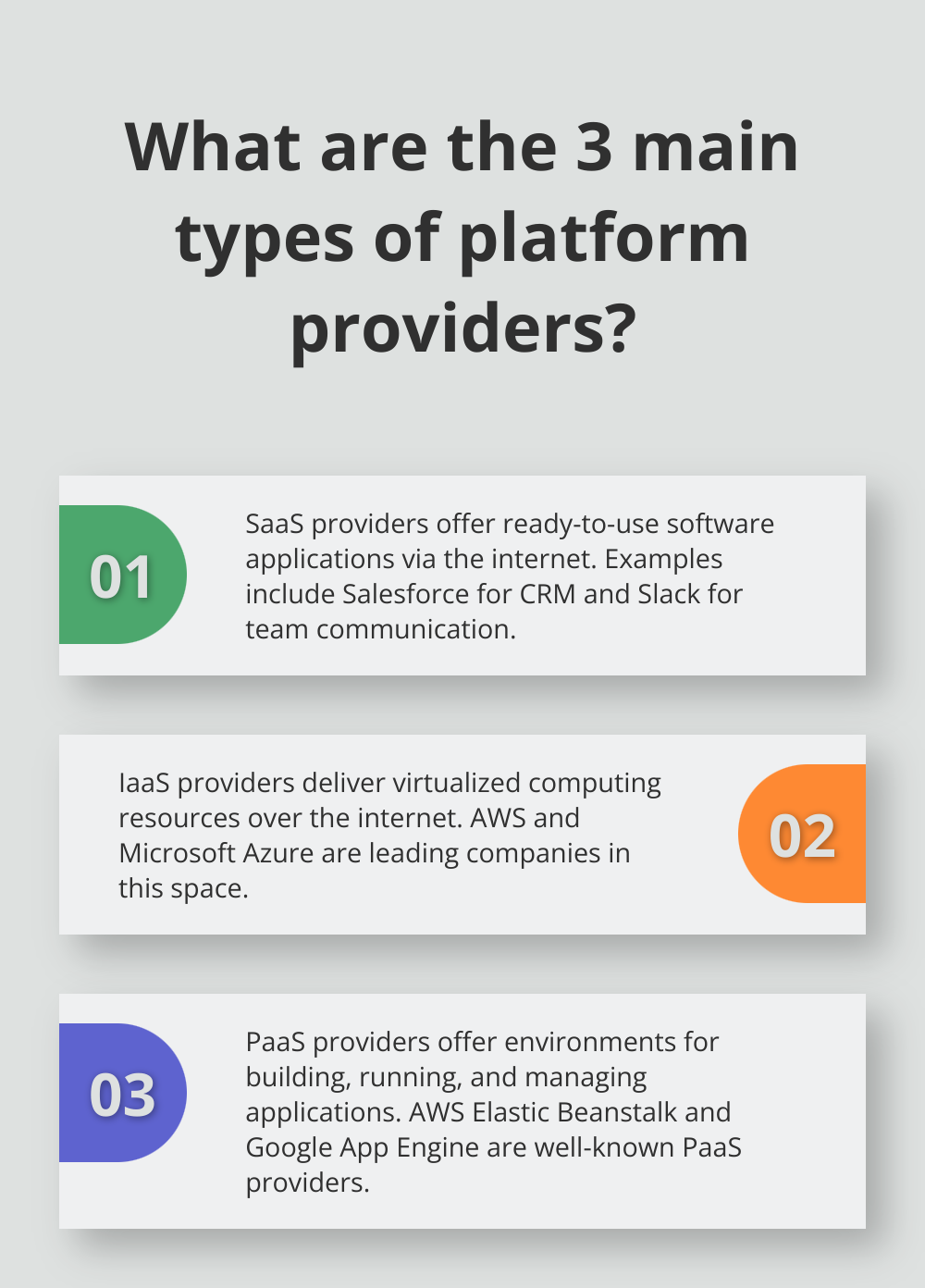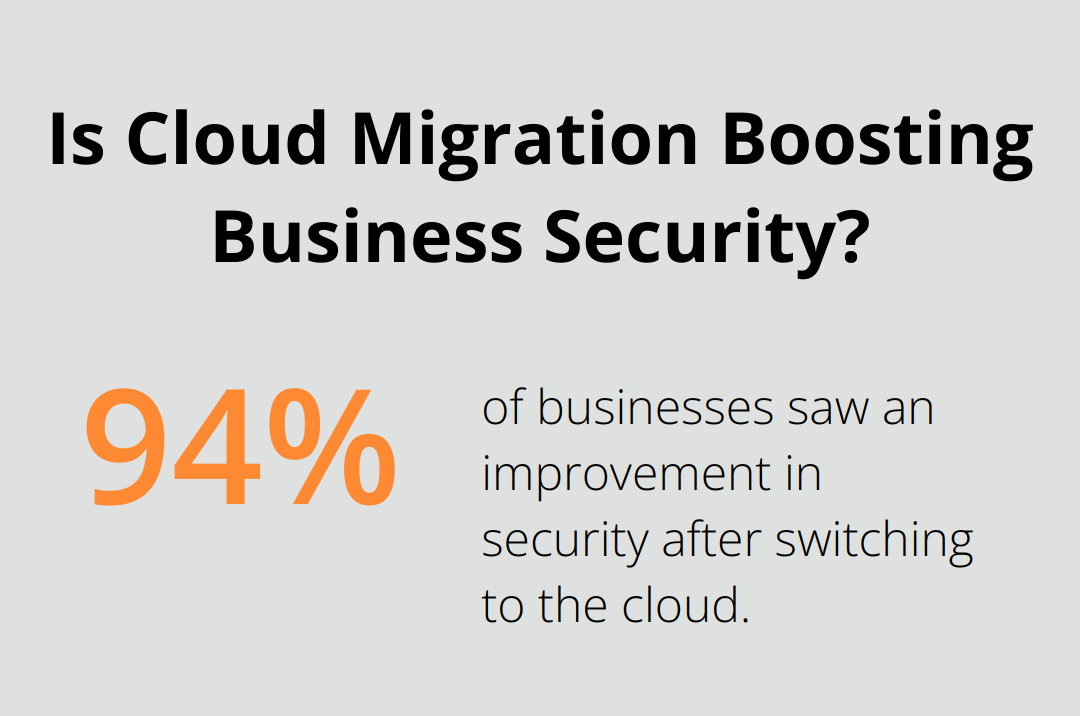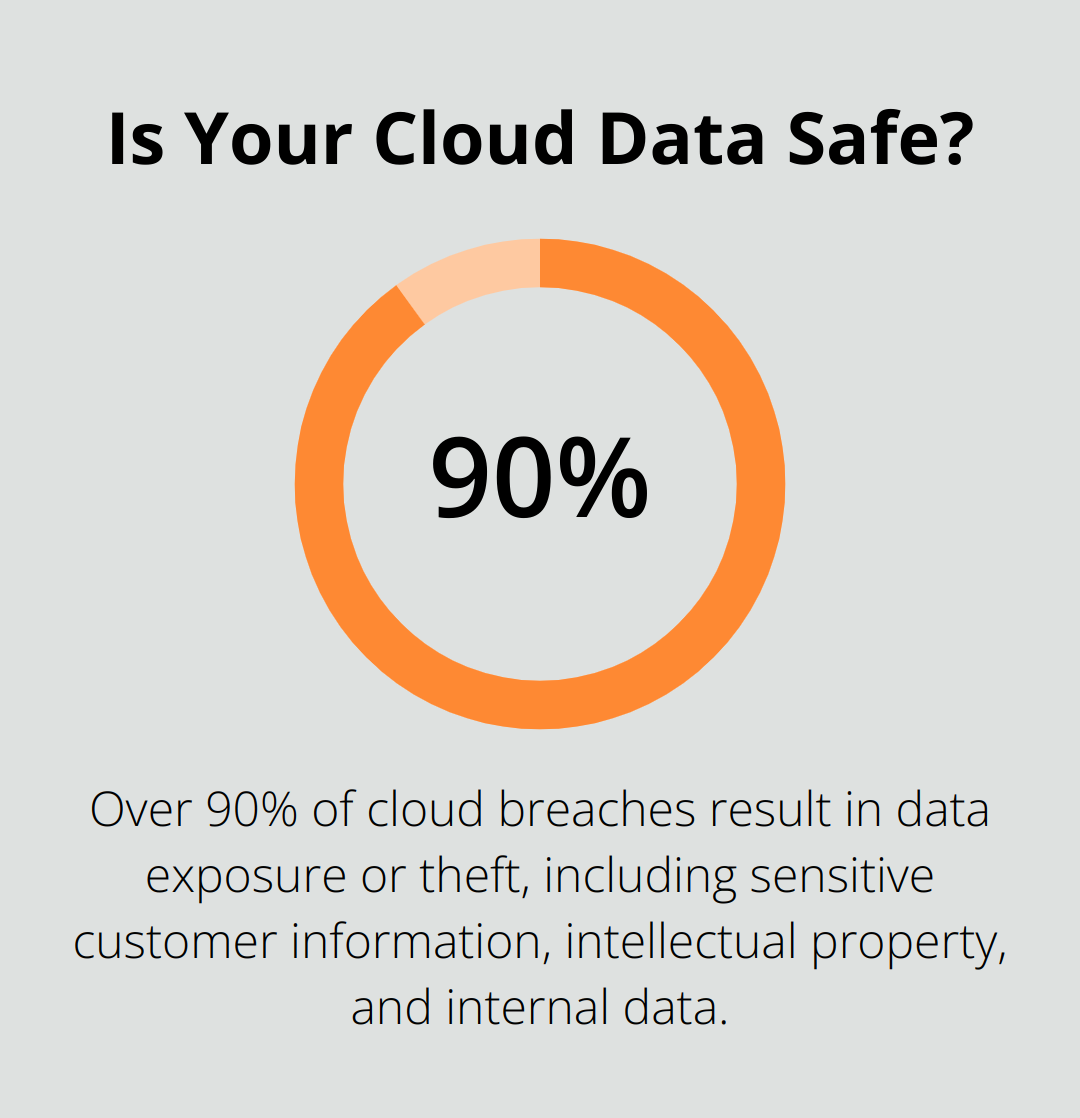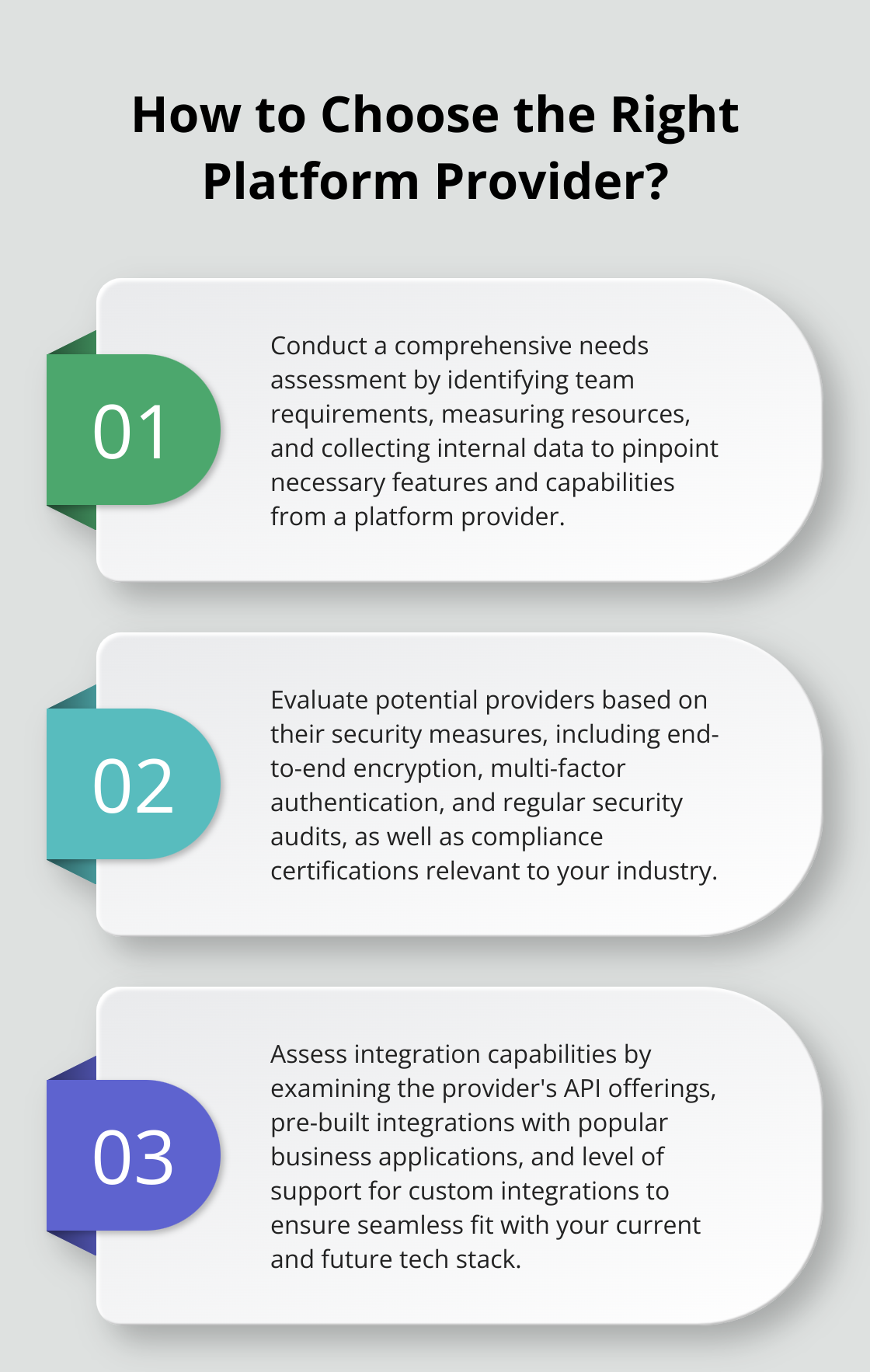Platform providers are revolutionizing the way businesses operate in the digital age. These powerful tools offer a wide range of services and functionalities that can transform your company’s efficiency and productivity.
At UCaaS Review, we’ve seen firsthand how the right platform provider can make a significant impact on an organization’s success. In this post, we’ll explore what you need to know about platform providers and how to choose the best one for your business needs.
What Are Platform Providers?
Platform providers offer digital infrastructures and tools for businesses to build, manage, and scale their operations. These companies deliver a range of services through cloud-based platforms, which enable organizations to streamline processes, enhance collaboration, and leverage advanced technologies without significant upfront investments.
Types of Platform Providers
The platform provider landscape includes various options to cater to different business needs:
- Software as a Service (SaaS) providers: These companies offer ready-to-use software applications accessible via the internet. Examples include Salesforce for customer relationship management and Slack for team communication.
- Infrastructure as a Service (IaaS) providers: These businesses provide virtualized computing resources over the internet. Amazon Web Services (AWS) and Microsoft Azure lead this space.
- Platform as a Service (PaaS) providers: These organizations offer environments for developers to build, run, and manage applications. AWS Elastic Beanstalk and Google App Engine stand out as well-known PaaS providers.
- Unified Communications as a Service (UCaaS) providers: These companies integrate various communication and collaboration tools into a single platform. UCaaS Review excels in matching businesses with the best UCaaS providers for their specific needs.
Key Features and Functionalities
Platform providers typically offer a range of features to enhance business operations:
- Scalability: Most platform providers allow businesses to scale their resources up or down based on demand. This flexibility proves essential for growing companies or those with fluctuating needs.
- Integration capabilities: Many platforms offer APIs and pre-built integrations with popular business tools, which enable seamless data flow between different systems.
- Security measures: Reputable platform providers implement robust security protocols (including data encryption, regular backups, and compliance with industry standards).
- Analytics and reporting: Many platforms provide built-in analytics tools, which allow businesses to gain insights from their data and make informed decisions.
- Customization options: While the extent varies, most platform providers offer some level of customization to tailor the platform to specific business needs.
- Mobile accessibility: With the increasing importance of remote work, many platform providers offer mobile apps or responsive web interfaces for on-the-go access.

The selection of a platform provider requires careful evaluation of these features and functionalities against specific business requirements. Companies that thoroughly assess their needs and compare different providers often achieve better long-term results with their chosen platform.
As we move forward, let’s explore the numerous benefits that platform providers bring to businesses, from cost-effectiveness to improved collaboration and productivity.
Why Platform Providers Are Game Changers
Unparalleled Scalability
Platform providers offer businesses the ability to scale operations seamlessly. As your company expands, you can adjust resources without substantial infrastructure investments. A Flexera study found that cloud computing is a priority for many enterprises. This flexibility allows quick responses to market demands and seasonal fluctuations, ensuring optimal efficiency at all times.
Cost-Effective Solutions
Platform providers significantly reduce IT expenses. By utilizing shared resources and pay-as-you-go models, companies avoid the large upfront costs associated with traditional IT infrastructure. According to the Flexera 2024 State of the Cloud Report, managing cloud spending remains the top challenge for organizations, with a significant emphasis on adopting FinOps practices to optimize costs.
Access to Cutting-Edge Technology
To stay ahead, companies need tools that evolve as fast as their challenges. Because platform providers serve thousands of clients, their R&D investments give even small teams access to enterprise-grade innovation. Many providers now offer advanced AI and machine learning capabilities, which would be prohibitively expensive for individual companies to develop internally. Gartner predicts that by 2025, over 95% of new digital workloads will deploy on cloud-native platforms (up from 30% in 2021).
Improved Collaboration and Productivity
The best platforms quietly remove the friction between departments, making collaboration feel natural. They offer integrated tools for communication, project management, and data sharing, fostering a more collaborative work environment. That kind of connection isn’t just about chat windows—it’s about breaking habits that slow people down.
Enhanced Security Measures
Many platform providers offer robust security features that surpass what individual businesses can implement on their own. These include advanced encryption, regular security updates, and compliance with industry standards. According to a report by RightScale, 94% of businesses saw an improvement in security after switching to the cloud, demonstrating the effectiveness of platform providers in safeguarding sensitive data.

As we explore the benefits of platform providers, it becomes clear that choosing the right provider is a critical decision for any business. In the next section, we’ll discuss key factors to consider when evaluating UCaaS providers that align with your specific needs and goals.
How to Select the Ideal Platform Provider
Conduct a Thorough Needs Assessment
Start with a comprehensive analysis of your business requirements. Identify your team’s needs, measure and allocate your resources, and collect internal data. This assessment will help you pinpoint the features and capabilities you need from a platform provider. If you’re a rapidly growing startup, scalability and flexibility might top your priorities. For highly regulated industries, compliance and security features may take precedence.
Prioritize Security and Compliance
Security isn’t just a checklist—it’s a dealbreaker. Before committing to any platform provider, take a close look at how they protect your data. Do they offer end-to-end encryption? How often do they audit their systems?
Are features like multi-factor authentication built in, or optional add-ons? And just as important: are they transparent about their compliance with industry regulations like HIPAA, GDPR, or PCI DSS? These are the questions that separate marketing promises from real protection.. Over 90% of cloud breaches result in data exposure or theft, including sensitive customer information, intellectual property, and internal data. This underscores the importance of choosing a provider with robust security features and clear guidelines for shared responsibility.

For compliance, ensure the provider meets industry-specific regulations (such as GDPR, HIPAA, or PCI DSS). Ask for documentation of their compliance certifications and inquire about their data handling practices, especially if you operate in multiple jurisdictions.
Evaluate Pricing Structures
Platform providers offer various pricing models, and it’s important to understand which one aligns best with your budget and usage patterns. Common models include pay-as-you-go, tiered pricing, and custom enterprise plans.
When comparing prices, look beyond the base cost. Consider factors like data transfer fees, storage costs, and charges for additional features or support. Some providers offer significant discounts for long-term commitments or upfront payments, which could lead to substantial savings if you’re confident in your long-term needs.
Assess Integration Capabilities
The ability to integrate with your existing tools and workflows is essential for maximizing the value of a platform provider. Look for providers that offer robust APIs and pre-built integrations with popular business applications.
Ask potential providers about their integration ecosystem and the level of support they offer for custom integrations. This information will help you gauge how seamlessly the platform can fit into your current tech stack and support your future needs.
Scrutinize Support and Service Level Agreements
The quality of customer support can make or break your experience with a platform provider. Evaluate the support channels available (phone, email, chat) and their availability. 24/7 support is essential if your business operates across different time zones or requires constant uptime.
Carefully review the Service Level Agreements (SLAs) offered by potential providers. Pay attention to guaranteed uptime percentages, response times for different severity levels, and compensation for service disruptions.
Final Thoughts
Platform providers have revolutionized modern business operations, offering unmatched scalability, cost-effectiveness, and access to cutting-edge technologies. These providers deliver a wide range of services that enhance organizational efficiency and productivity. We’re already seeing platforms double down on AI, edge computing, and greener data centers—not just as trends, but as competitive must-haves.

Selecting the right platform provider requires careful consideration of your business needs, security requirements, pricing structures, integration capabilities, and support offerings. A thorough evaluation of these factors will help you choose a provider that aligns with your specific business goals and requirements. Navigating digital change is rarely simple, but choosing the right platform provider can make that journey more focused, flexible, and aligned with your goals.
At UCaaS Review, we specialize in matching businesses with top-tier Unified Communications as a Service providers. Our AI-powered platform delivers personalized recommendations in minutes, based on verified user reviews and comprehensive evaluations. We invite you to leverage our expertise to find the perfect communication solution for your business needs.



